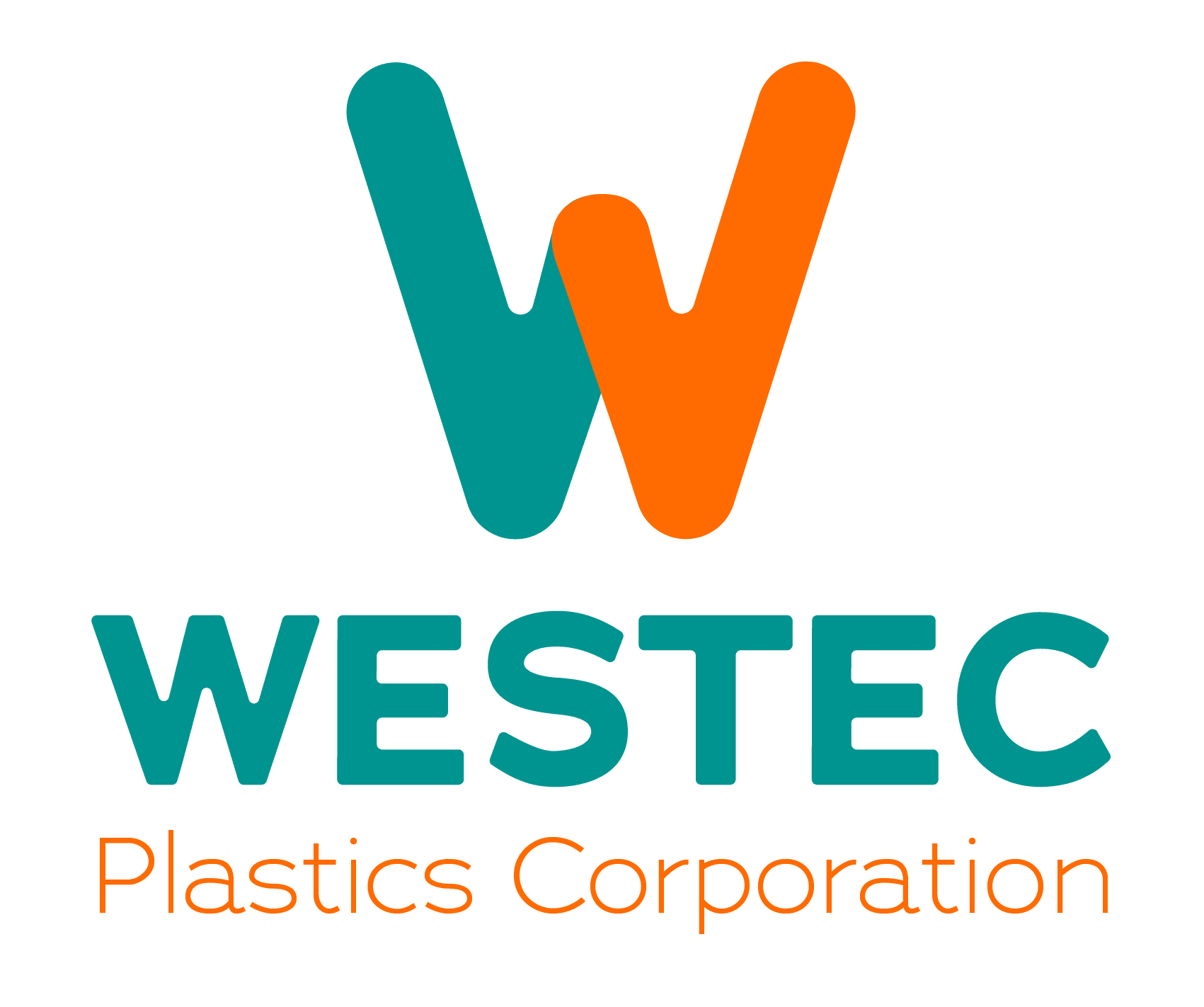In highly regulated industries like medical, biotech, and diagnostics, speed to market can make or break a product launch. But creating a fast prototype is only part of the equation — without a clear path to full-scale production, delays, defects, or costly redesigns can slow progress.
Working with a domestic partner who can handle prototype injection molds and transition seamlessly to production reduces these risks. Engineers and program managers benefit from integrated support in design for manufacturability (DFM), tooling optimization, and process validation — all under one roof. This approach helps maintain quality, consistency, and compliance from the first prototype through high-volume production.
Prototype Injection Molds: What They Are and Why They Matter
A prototype injection mold is a critical tool for bridging the gap between concept and full-scale production. These molds are typically single-cavity tools built from durable materials like P-20, H-13, or 420 stainless steel — providing both precision and longevity during early-stage testing.
Unlike temporary aluminum or “soft” tools, Westec’s approach allows prototype molds to serve as one cavity within a future multi-cavity production mold, creating a direct path to scaling without redundant costs or delays. This approach also ensures that data gathered during early runs directly informs final production tooling.
Early trials with prototype molds help engineers validate key factors like wall thickness, draft angles, and resin behavior. By identifying and resolving potential issues upfront, manufacturers reduce defects, minimize costly revisions, and set up production molds for success.
Why Going Domestic Speeds Up Scale-Up
Working with a domestic injection molder can dramatically accelerate the transition from prototype to production. Proximity allows for faster feedback loops, enabling engineers to review parts, request adjustments, and iterate quickly without the delays associated with overseas shipping.
Domestic collaboration also simplifies DFM discussions. Engineers and tooling specialists can meet in real time, address urgent design questions, and make tooling modifications on the fly — critical for meeting tight development schedules. Time zone alignment ensures issues are resolved promptly, keeping projects on track.
And because domestic tools are typically built to tighter tolerances using higher-quality steel, they offer greater accuracy, durability, and consistency than many offshore alternatives — which often require additional rework or validation before production.
Bridging the Gap: From Prototype to Production Tooling
Moving from a prototype injection mold to full-scale production requires careful planning and validation. Pilot runs with prototype tooling provide valuable insights into part performance, dimensional stability, and cycle consistency — all of which inform final production tooling decisions.
Design for manufacturability (DFM) is critical at this stage. Engineers use lessons learned from early runs to adjust tolerances, optimize wall thicknesses, and refine gating or venting, reducing the risk of defects when scaling up. Material choices and resin behavior are also reviewed to ensure the production part meets performance and regulatory requirements.
By addressing these considerations early, OEMs can avoid common pitfalls such as mismatched tolerances, unexpected resin shrinkage, or gating issues — saving time and cost while improving the reliability of the final product.
Risk Mitigation in Regulated Markets
In regulated industries like medical and biotech, managing risk early is essential. Prototype injection molds not only help refine part geometry and functionality, but they also enable traceability, documentation, and process validation — all critical elements for compliance with FDA, ISO 13485, and other regulatory standards.
Cleanroom-capable molding further ensures that early-stage parts are produced in environments that match eventual production conditions, reducing contamination risk and supporting sterile or low-bioburden requirements. Long-term relationships with a domestic molder also provide continuity across the device lifecycle, making it easier to update tooling, validate changes, and maintain consistent quality over time.
From First Shot to Full Ramp, It Pays to Think Ahead
Moving from prototype to production doesn’t have to be a leap of faith. Partnering early with a domestic injection molder — especially one with in-house tooling, DFM expertise, and production experience — ensures smoother transitions, fewer surprises, and faster time-to-market.
Early collaboration helps engineers and program managers validate designs, optimize resin selection, and refine process parameters before committing to full-scale tooling. The result is reduced rework, consistent quality, and a clear path to high-volume production without compromising regulatory compliance or performance.
Need a prototype injection mold that can grow with your program? Westec’s in-house capabilities make the transition from prototype to production seamless. Contact us today to get started.




